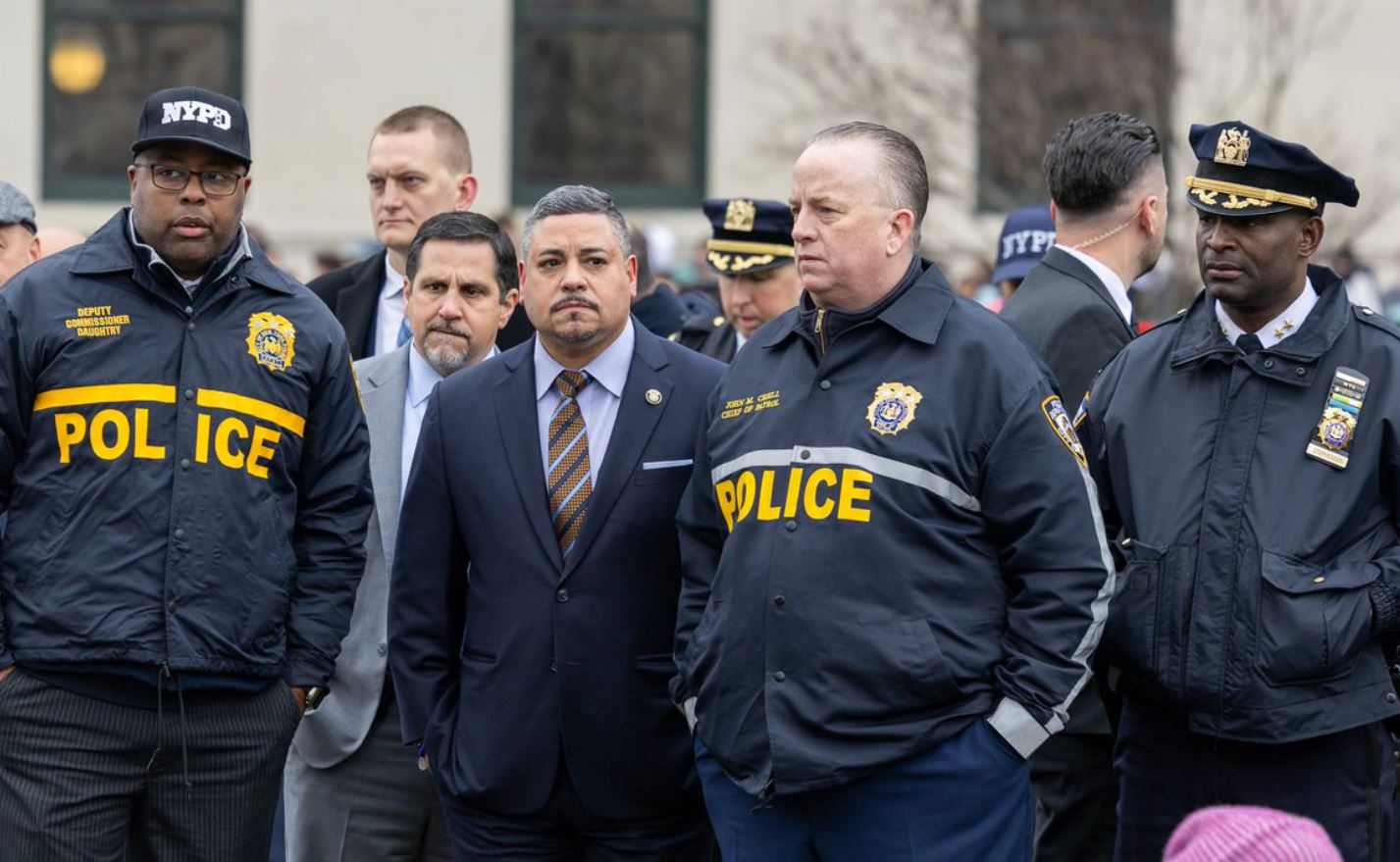Lawyers for the owners of the New York Mets are dropping their efforts to keep records sealed in their connection with the Madoff Ponzi scheme, it was revealed Thursday.
Sources tell NBCNewYork the documents are to be released this morning.
Karen Wagner, who represents the Wilpons and other Mets owners, told Bankruptcy Court Judge Lifland they now "agree that the complaint should be unsealed immediately."
The move will come two days after the Madoff Trustee made public its allegations that banking giant JPMorgan Chase had clear warning signs that Bernie Madoff was running a Ponzi scheme.
They want the bank to pay more than $ 6 billion to Madoff investors who lost money.
In the Mets' case, Wagner said leaks have made keeping the documents secret no longer practical. NBC New York and The New York Times had filed motions with Judge Lifland, requesting to seek access to the documents. To date, the court has offered no explanation as to why it was keeping the records sealed.
The Mets owners said last week that they were going to try to sell part of the team to cover what could turn out to be hundreds of millions of dollars the team owners owe from profits they took out of Bernie Madoff's Ponzi scheme. The Mets owners deny wrongdoing or having had any knowledge Madoff was a fraud.
The Trustee has alleged the Mets owners should have known or suspected a criminal scheme was underway based on their alleged outsized profits.
Details of the allegations in the court document remain secret but are expected to become public some time Friday morning.
On Thursday, a different set of court documents were made public, this time regarding JPMorgan Chase -- Madoff's lead bank for more than 20 years.
Local
The lawsuit alleges the bank's "due diligence revealed the liklihood of fraud at BLMIS, but JPMC was not concerned with the devastating effect of fraud on investors," the complaints said.
The Trustee also alleges the bank ignored anti-money laundering duties as money flowed in and out of Madoff-related accounts without any actual trades taking place.
A spokeswoman for JPMorgan Chases denied any wrongdoing.
"The complaint publicly released today by the trustee for the Madoff estate is meritless and is based on distortions of both the relevant facts and the governing law. Contrary to the trustee’s allegations, JPMorgan did not know about or in any way become a party to the fraud orchestrated by Bernard Madoff," the statement released yesterday said.
The complaint comes public as the Trustee and the Bankruptcy Court have come under increased scrutiny about why so many documents linked to the biggest fraud in history were being kept from public view. NBCNewYork and the New York Times began filing motions to unseal records with the court after Judge Lifland and the Trustee denied reporters' initial request for the documents and offered little explanation as to why they were being kept secret.
The Trustee on Thursday claimed it was lawyers for the bank, not the Trustee, who requested sealing back in December.
"From the start, we have maintained the Trustee's complaint should be made public," claimed another Trustee lawyer, David Sheehan.
Back in December, Sheehan himself had asked the court to reject requests for access by the news media unless and until the press filed their own formal legal motions.
In the complaint released Thursday, the Trustee alleges JPMorgan had warning signs and red flags about a Ponzi scheme that included: Madoff was not being transparent; the auditor was a small, unknown firm, feeder funds could not reconcile their numbers with third parties; and speculation was growing Madoff was involved in a Ponzi scheme.
They said JPMorgan even filed a suspicious activity report in Britain in 2008 that read in part, Madoff's performance "... is so consistently and significantly ahead of its peers year-on-year, even in the prevailing market conditions, as to appear to good to be true - meaning it probably is. "
The bankers went on to complain about a lack of transparency.
In February 2006, JPMorgan bankers were also raising quesitons about Madoff- and Chase-related feeder funds like the Fairfield Greewich Group.
One internal email shows how from April through September 2002, "the S&P index is down 30%, cash yielded 1% and the (Madoff linked) Fund was able to generate over 6% returns."
No paperwork, just verbal explanations of the success were offered, the complaint said. Another JP Morgan employee emailed on June 15, 2007, "There is a well-known cloud over the head of Madoff and that his returns are speculated to be part of a Ponzi scheme ... I think we owe it to ourselves to investigate further."
The Trustee alleges JPMorgan stuck with Madoff because "the potential upside reward for investing through Madoff was simply too good to pass up even if there was a fraud."
The complaint also alleges in conducting due diligence about Madoff, JPMorgan employees reached out to a Swiss firm Aurelia Finance where references to "Colombian friends" and "Colombian drug money" were allegedly made.
The Chase bank spokeswoman disputed those claims.
"Madoff’s firm was not an important or significant customer in the context of JPMorgan’s commercial banking business, and the revenues earned from Madoff’s bank account were modest and entirely consistent with conventional market rates and fees," the statement said.
"The Trustee makes no attempt to substantiate or support his unfounded claim that JPMorgan earned extraordinary sums from the Madoff account, and that claim is demonstrably false."
The Trustee also alleges JPMorgan Chase quietly pulled its money out of Madoff feeder funds as there was increasing evidence of a massive fraud. And after Madoff announced to the FBI he was a fraud, a JPMorgan Chase employee wrote in an email, "Despite suspecting it was dodgy I am still shocked to see this happen so suddenly. I guess it's true that when the tide goes out you see who is swimming naked."



